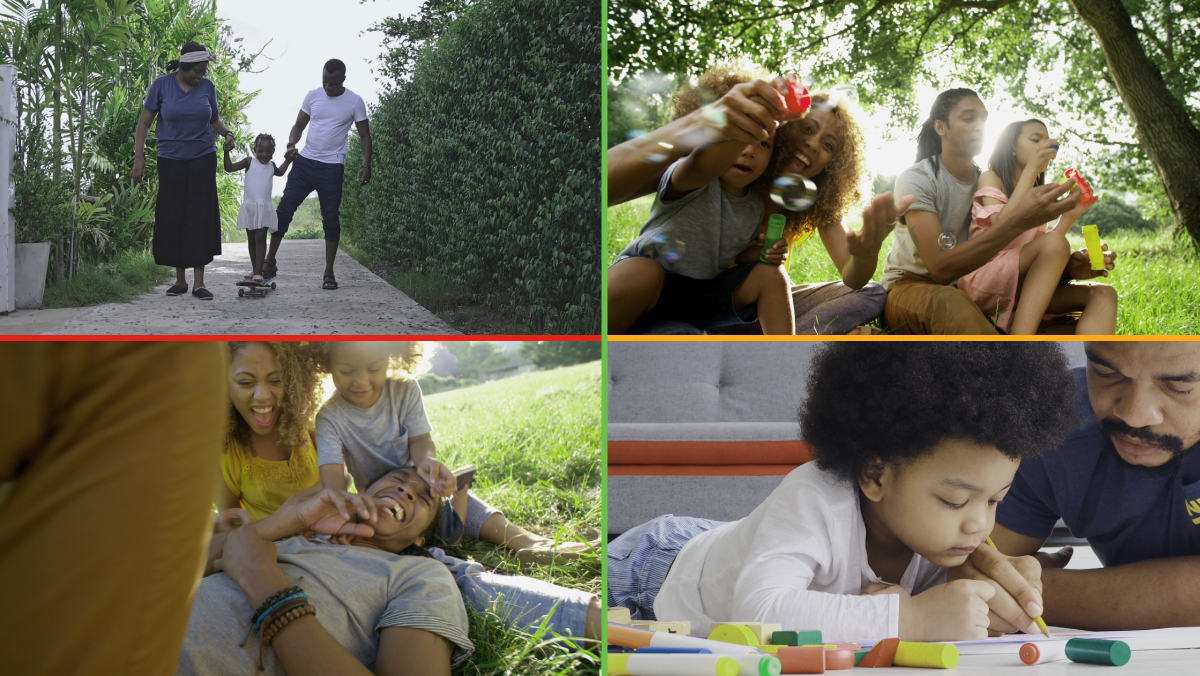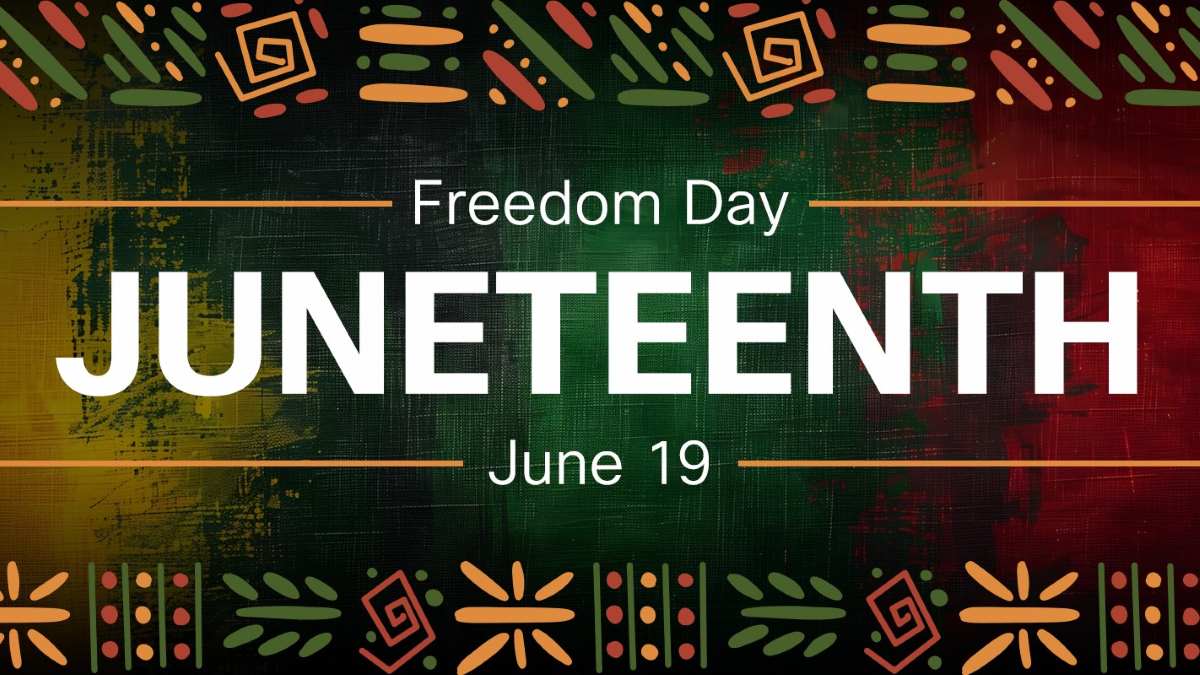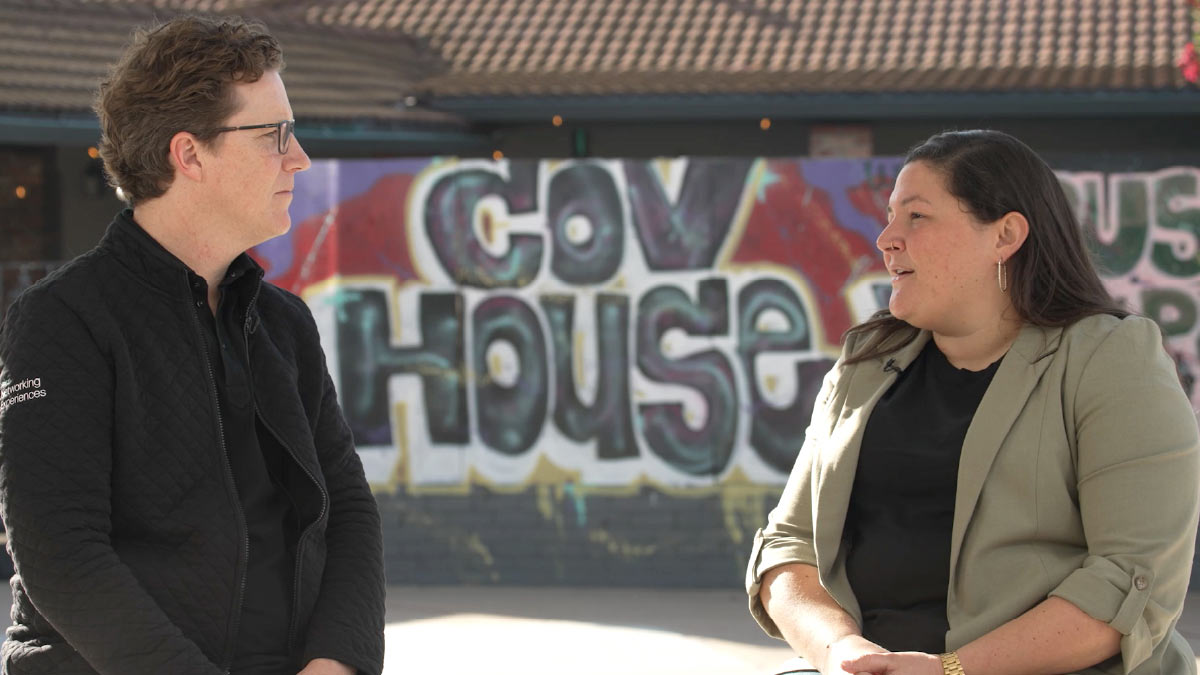By Trey Boynton, Inclusion & Collaboration Strategy & Inclusive Solutions at Cisco
Juneteenth is a chance to celebrate the true end of slavery in America — following a Civil War and two-and-half years after President Lincoln signed the Emancipation Proclamation. And it’s also about the joy that exists within the Black community and the depth, beauty and range of Black culture — in spite of the oppression and systemic racism that we’ve endured over the centuries.
But it goes deeper than all that. For me, it means taking the lessons of the past and applying them to our responsibility to present day and the future we are building now. I believe that we have a responsibility to know better and do better (thank you, Dr. Angelou) not just for my Black community but for all marginalized communities, every single day.
As a child, I didn’t even know that Juneteenth existed. It wasn’t taught in the prestigious White Catholic schools I attended. I first heard about it at Spelman, a Historically Black College I attended as a young woman. There, I learned about the history of June 19, 1865, the day when federal troops marched into Galveston, Texas, to ensure that all remaining enslaved people in the U.S. would be free.
Today, it’s important to remember that even after a devastating war to end slavery had been won and new laws enacted, slave owners in places like Texas and Oklahoma still had to be forced to change — at gunpoint by Federal troops. It’s a reminder that change is long, moves both fast and slow, and quite frankly, is just plain hard. As Martin Luther King famously said inspired by the original words of abolitionist Theodore Parker, “the arc of moral universe is long, but it bends towards justice.” Almost 60 years later, it’s still a long road to justice.
That’s true of every social justice movement. Even when a majority agrees that acts of hate, discrimination and prejudice are no longer acceptable, it takes time for the behaviors of people to change. Often, a lot of time. And even then, there’s strong, ongoing resistance.
We see this today in so many ways. We see it with police brutality, which occurred for centuries in the shadows of the general public (but well known and planned for in the Black community) before smart phones and social media enabled people to share just what it meant to be a Black person in America living in fear of being stopped by the police. And we experience it with mass incarceration and the disproportionate ways drug crimes are adjudicated across races. Liberation for my queer community didn’t end with marriage equality, it continues in hateful laws being written against my trans siblings’ lives. And with gun violence, which I hope is reaching a tipping point in America that will be followed by at least some degree of change — to be met with, no doubt, plenty of resistance.
Juneteenth is a stark reminder that none of this is new. And that there remain two Americas. There is an America of relative safety, ease and opportunity. And another country in which people are unsafe, lack opportunity and struggle, despite the myth that anyone can pull themselves up by their own bootstraps. Because that’s not so easy if you don’t have boots — and you’re too busy facing hate and violence in your community on a daily basis to even look for straps to pull.
In the end, change is up to the collective will of the people — all the people. Just as in Galveston, Texas, on June 19, 1865. Enough people felt strongly about those slave-owning holdouts that troops were called in.
Because when you don’t act, things don’t change. Even when you have the right of the law, when you have human rights on your side. Because it’s great to pass a law. But each of us still must ask ourselves the question: how do I show up? Not just for my community but for all marginalized communities? Am I sitting on the sidelines? Am I jumping on the field and taking action?
Right now, I can’t just sit by and say, trans rights is not my conversation because I’m not trans. I can’t know everything about a trans person’s individual experience, but I know do know that we have to stop policing people’s bodies. Whether we’re talking about gender-identity and expression or how they choose to reproduce. Because whenever we’ve tried to legislate what people can do with their bodies, it’s never been a good idea. So, we need to have that conversation around body agency and protect body sovereignty.
On Juneteenth, I believe all of us should consider these kinds of deep questions and responsibilities. And feel the call to action. It’s a moment to commemorate an event in Black history that is so important. But what do we learn from it? What can we do differently today from what we did yesterday? How can we show up with action — for our own and all other marginalized communities?
Even as I sit in all these questions, and think about the work and road ahead, I also want to take a minute and reflect. I realize that ultimately, Juneteenth is also about celebration of Blackness.
Because — and this is where I get emotional — despite all of the violence, hate, micro and macro aggressions that have been thrown at Black people for centuries, we...are...still...here. I am in awe of the beauty of Blackness and not just in the ways in which we persist and overcome, but how we’ve remained beautiful and joyous and magical and brilliant.
We are out here thriving and living and frolicking. And I’m just so in love with and proud of us!
###



